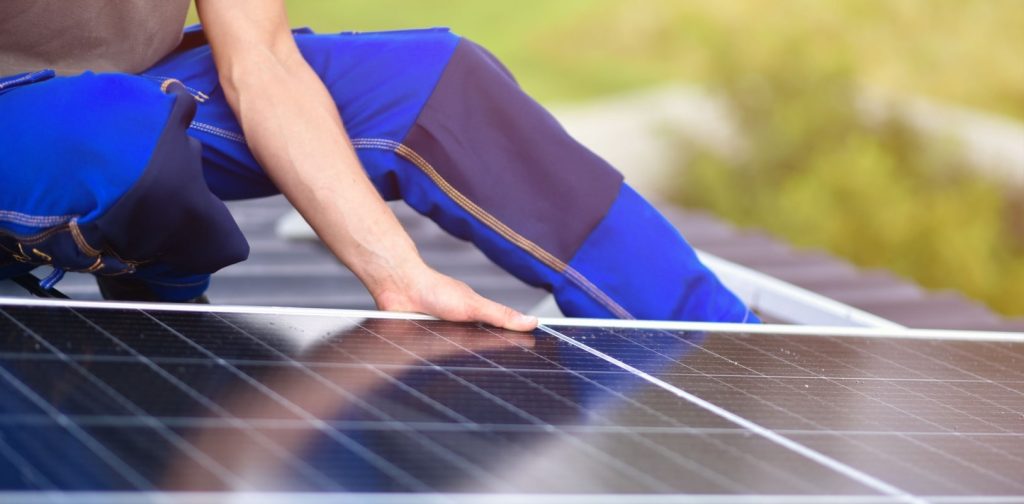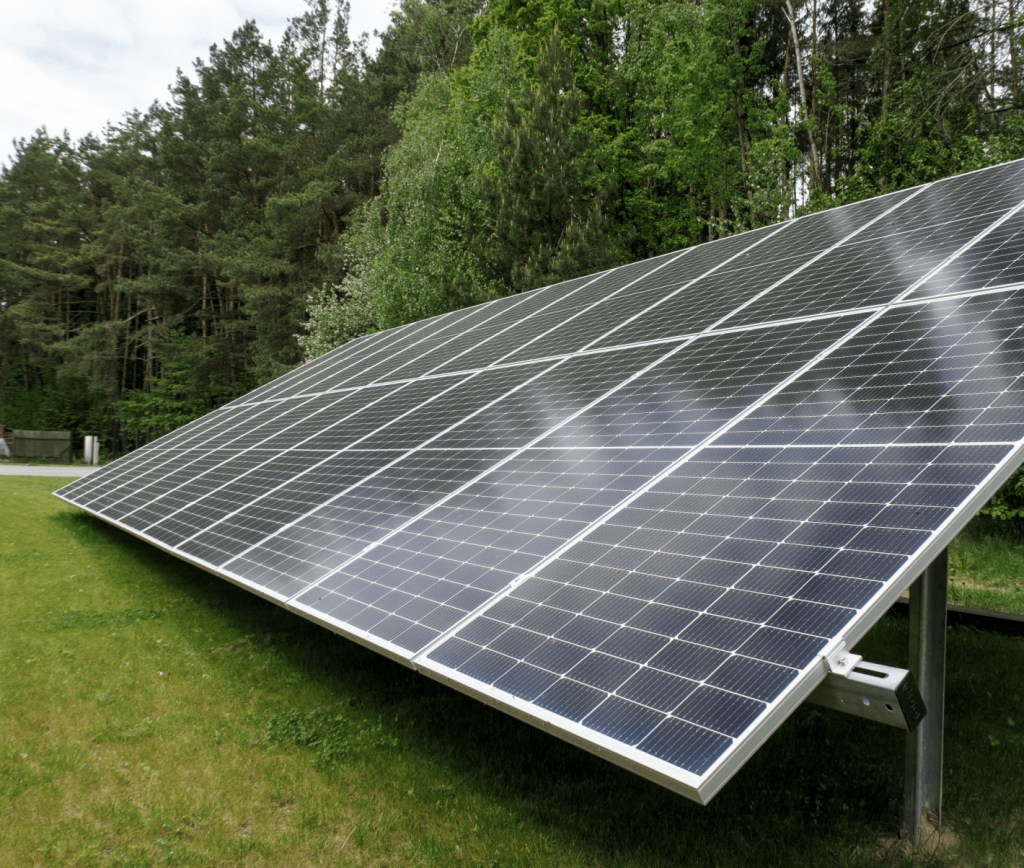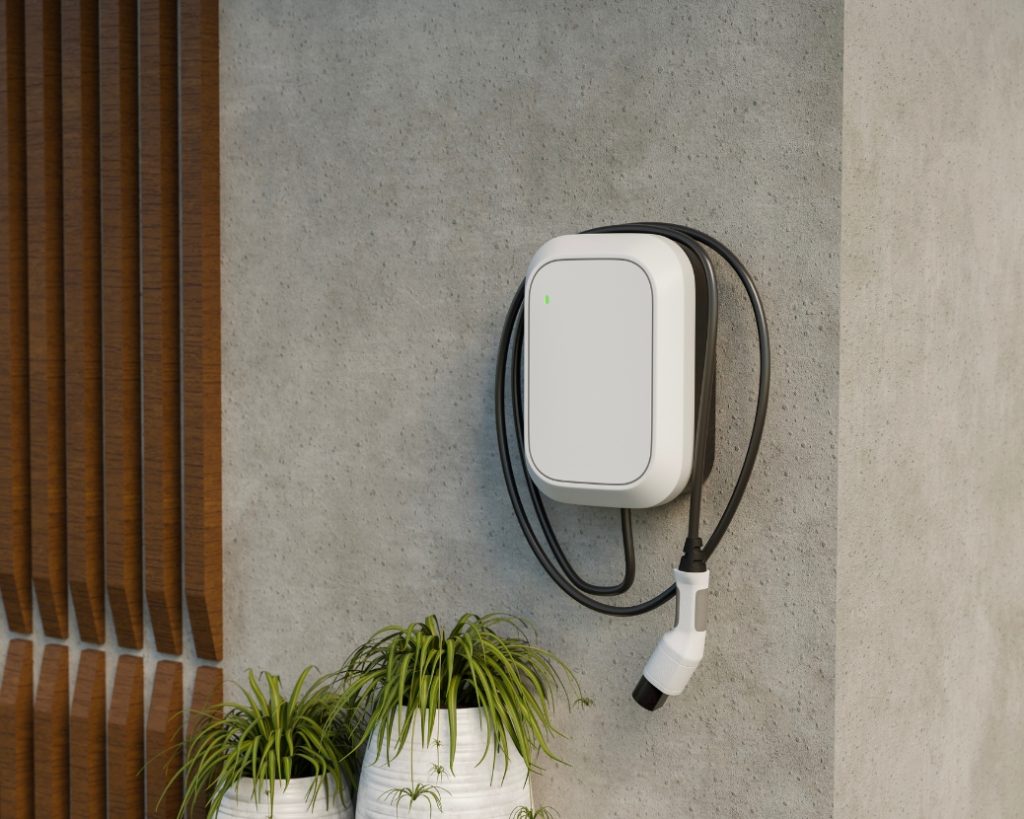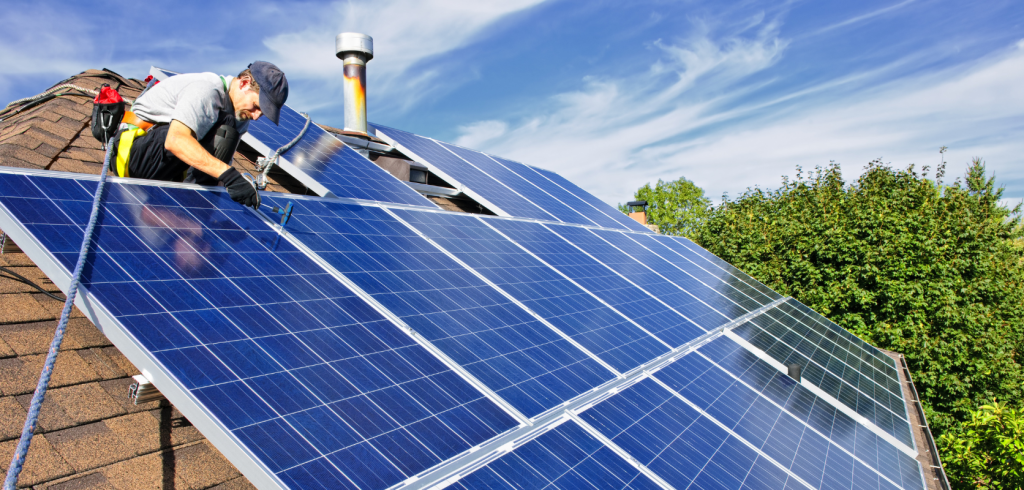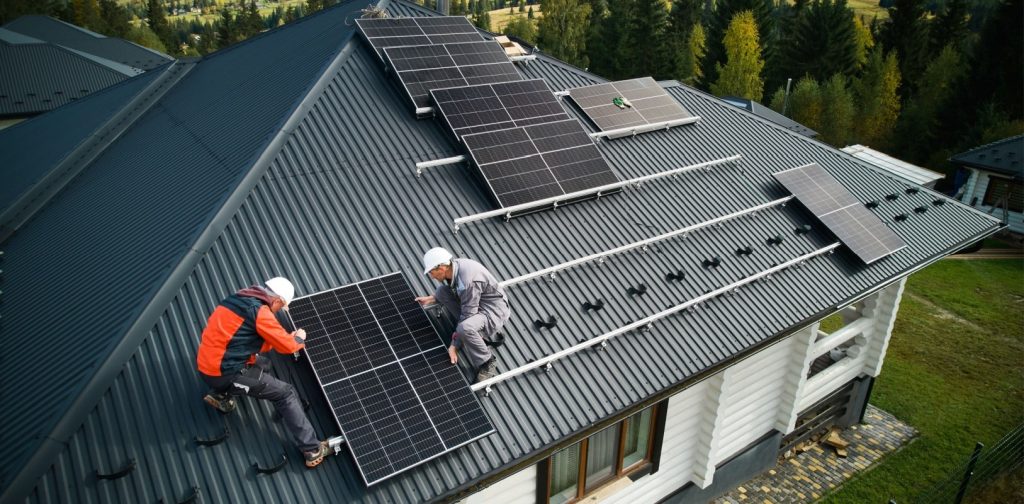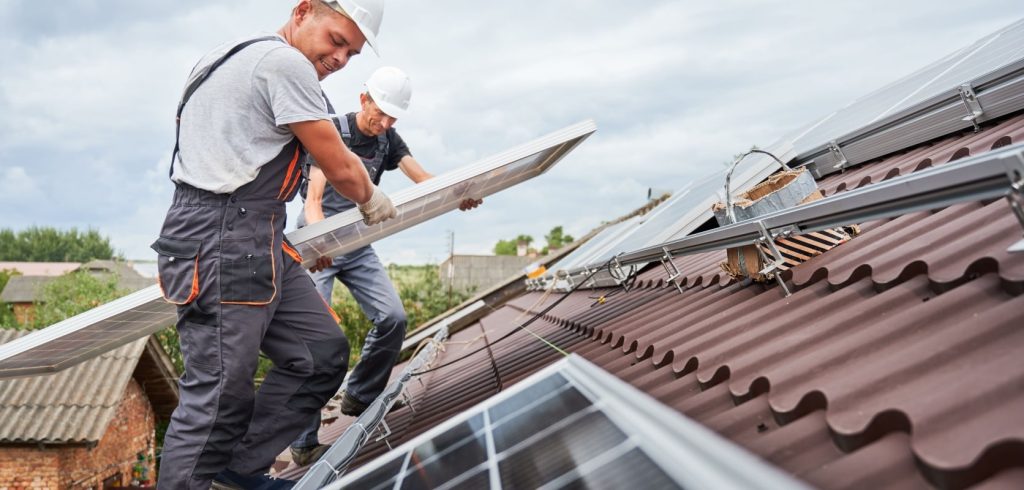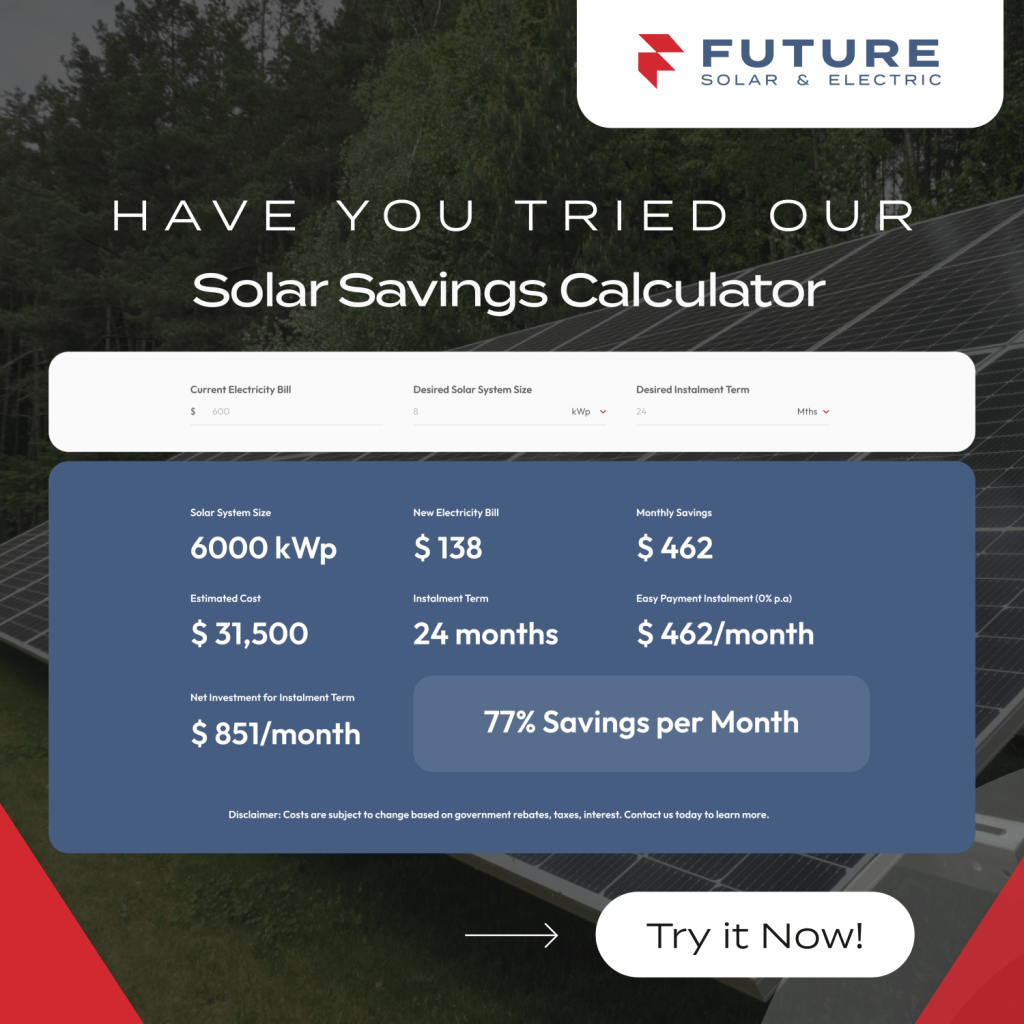In today’s competitive business environment, reducing operational expenses is crucial for success. One strategy gaining traction among savvy businesses is adopting commercial solar energy. By harnessing the power of the sun, businesses can significantly reduce energy costs, enhance financial stability, and make a positive environmental impact.
Let’s dive into how commercial solar installations can transform your business and your bottom line.
What is Commercial Solar Energy?
Commercial solar energy involves installing photovoltaic (PV) panels on commercial properties to capture sunlight and convert it into electricity. This self-generated electricity helps businesses meet their energy needs, reducing dependence on traditional utility providers and insulating against fluctuating energy prices.
Unlike residential systems, commercial solar installations are tailored to meet larger energy demands, with options like rooftop arrays, ground-mounted systems, or even solar carports. These systems are not only energy-efficient but also scalable, allowing businesses to customize their solar setup based on operational needs.
How Solar Energy Reduces Business Costs
1. Cutting Down Energy Bills
One of the most immediate advantages of commercial solar energy is the reduction in energy bills. Solar panels allow businesses to generate their electricity, reducing or even eliminating monthly utility costs. On average, businesses that switch to solar energy can save anywhere from 30% to 50% on their energy expenses, with some reporting even higher savings over time.
2. Avoiding Rising Energy Costs
Energy prices are notoriously volatile, making it challenging for businesses to predict future costs. Solar energy offers a solution: fixed-cost electricity. By investing in solar, businesses are shielded from the unpredictability of rising energy prices, ensuring long-term savings and stability.
3. Taking Advantage of Tax Incentives
Governments worldwide incentivize businesses to adopt solar energy through programs like tax credits, rebates, and grants. In the U.S., the federal solar Investment Tax Credit (ITC) allows businesses to deduct a significant percentage of their solar installation costs. Combined with state-level incentives, businesses can recover a substantial portion of their initial investment.

4. Boosting ROI and Long-Term Savings
While the upfront costs of commercial solar installations may seem high, the long-term benefits far outweigh the initial expense. Most businesses achieve a full return on investment within 3 to 12 years, depending on their location, energy consumption, and available incentives. With solar panels typically lasting 25 years or more, companies can enjoy decades of virtually free energy.
Beyond Cost Savings: Environmental and Branding Benefits
Adopting commercial solar energy does more than reduce expenses—it positions your business as an environmentally responsible leader. Here’s how solar installations impact more than just the bottom line:
Reduced Carbon Footprint
Solar energy is clean and renewable, meaning no harmful greenhouse gas emissions. Switching to solar demonstrates a commitment to sustainability.
Improved Corporate Image
Consumers and partners increasingly value environmentally responsible businesses. Solar energy adoption can enhance your brand image and foster customer loyalty.
Compliance with Regulations
Many regions are implementing stricter energy efficiency and sustainability requirements. Solar installations can help businesses stay ahead of these regulations.

Is Your Business Ready for Solar?
Switching to commercial solar energy requires careful planning and consideration. Here are a few key factors to evaluate before making the leap:
Upfront Costs and Financing Options
While the initial installation cost might seem steep, various financing options, such as solar leases or power purchase agreements (PPAs), can reduce the financial burden.
Energy Needs Assessment
Conduct a comprehensive audit of your business’s energy requirements to determine the appropriate solar system size.
Site Suitability
Assess your property’s solar potential. Factors like roof orientation, available space, and local weather conditions play a significant role in system efficiency.
Partner with Experts
Work with a reputable solar installation provider to ensure a smooth process, from planning and design to installation and maintenance.
The Long-Term Value of Commercial Solar Energy
Investing in commercial solar energy is more than just a cost-saving measure—it’s a strategic decision that future-proofs your business. By cutting energy expenses, stabilizing costs, and enhancing your brand’s sustainability credentials, solar power offers unparalleled value for businesses of all sizes.
Ready to transform your business with solar energy? Contact Future Solar and Electric today to learn how commercial solar installations can help reduce your energy costs while benefiting the planet. Let us guide you through every step of your solar journey, from initial consultation to seamless installation.
